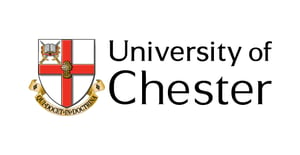In comparison to their counterparts in other countries, U.S. teachers express a lack of preparedness to teach lessons on sustainability, despite its growing importance in national and international policies.
A recent report by the Smithsonian Science Education Centre and Gallup suggests that this may be a uniquely American problem. Teachers in Brazil, Canada, France, and India are more than three times as likely as U.S. teachers to feel supported in incorporating topics on sustainable development, such as climate action and clean energy, into their curriculum.
However, U.S. teachers are aligned with their global peers in recognizing the significance of teaching about sustainability. Eighty-one percent of U.S. teachers emphasize its importance, compared to 81 percent in France, 85 percent in India, 86 percent in Canada, and an impressive 95 percent in Brazil.
According to a recent global survey conducted by the Smithsonian Science Education Centre and Gallup Inc., teachers in the United States share the same belief in the importance of teaching sustainable development as their peers around the world. However, the survey revealed that sustainable development is less likely to be included in the curriculum standards of U.S. teachers. Additionally, U.S. teachers reported a lack of support, time, and expertise needed to incorporate sustainable development into their lessons, unlike their global counterparts.
K-12
The survey aimed to understand teachers' attitudes and demands regarding sustainable development education. It found that only one-third of U.S. teachers included science-related topics in their curriculum, while teachers in other countries were more likely to have support for incorporating sustainable development topics. U.S. teachers prefer using direct experiences to teach sustainability. The survey focused on exploring United Nations' Sustainable Development Goals and highlighted the lack of sustainable development education in the U.S. curriculum. U.S. teachers face challenges in integrating sustainability topics into their lessons and lack support, time, instructional materials, expertise, and professional development. U.S. administrators are more optimistic about support for teaching sustainable development. The report argues that education on sustainable development can be an indicator of progress and empower students to make a positive impact on the environment.
Teaching the Teachers
Research conducted by Nolet in 2013 highlights the slow adoption of sustainability in teacher education compared to other areas of higher education. Although ESD (Education for Sustainable Development) is not currently a requirement for teacher certification, elements of ESD can be observed in the InTASC Core Model Teaching Standards. The Association for the Advancement of Sustainability in Higher Education has also established networks of teacher educators. In instances where ESD has been implemented, it often involves adapting existing courses, state-level certification, and institutional accreditation. Notable examples of this can be found at Webster, West Chester, and Antioch universities' School of Education (Nolet, 2009).
Higher Education
Teaching sustainable development in higher education presents a significant challenge, as it can leave students without a deep understanding, commitment, or a clear perspective on meaningful beliefs and actions related to sustainability. This creates a paradox when educators approach a sustainability curriculum that has the potential to transform students' thinking and behavior, but is hindered by a reductionist and unsubstantial teaching approaches. Transformative pedagogy can overcome and eliminate the paradox, ultimately helping societies become more sustainable (Ceulemans, 2007).
To address the challenge set by UNESCO, it is essential to adopt diverse models for teaching and learning. Sustainable development is inherently complex and encompasses various disciplines (UNESCO, 2014). In higher education, the objective is to empower students to recognize and comprehend the intricacies of sustainability issues. This involves critical thinking about assumptions, biases, beliefs, and attitudes, while actively participating in finding solutions. Sustainability, being a multifaceted and contested subject, offers ample opportunities for transformative learning and critical thinking (UNESCO, 2014).
Big Business
The survey findings shed light on the significant challenges faced by U.S. teachers when it comes to integrating sustainable development into their curriculum. This lack of support, time, and expertise not only hinders the preparedness of American students for higher education but also raises concerns about the impact American businesses recruiting those students have on the climate, a crucial aspect of sustainability. It is imperative that we address these issues and provide the necessary resources and training to empower teachers and students alike in their journey towards a more sustainable future.

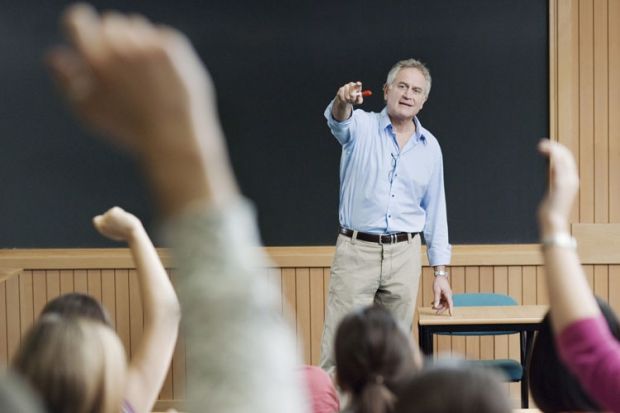

.png?length=300&name=unnamed%20(11).png)
.png?length=300&name=unnamed%20(7).png)
.png?length=300&name=unnamed%20(8).png)
.png?length=300&name=unnamed%20(6).png)

.png?length=300&name=unnamed%20(10).png)
.png?length=300&name=unnamed%20(5).png)
.png?length=300&name=unnamed%20(9).png)
.png?length=300&name=unnamed%20(4).png)
.png?length=300&name=unnamed%20(2).png)
.png?length=300&name=unnamed%20(1).png)
.png?length=300&name=unnamed%20(3).png)
.jpg?length=300&name=unnamed%20(2).jpg)
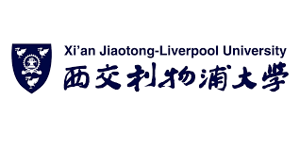
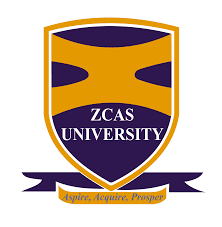


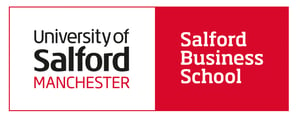
.png?length=300&name=loughborough-university-logo%20(small).png)

